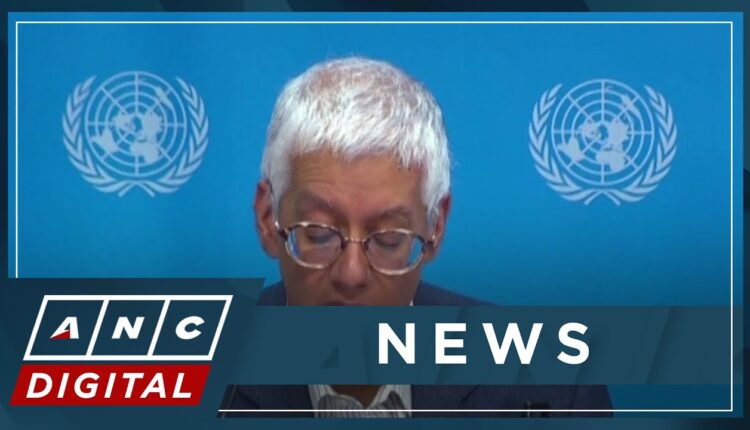UN Calls for Peaceful Transition After Bangladesh PM Resigns
Top United Nations officials have urged for a peaceful and democratic transition in Bangladesh following the resignation of Prime Minister Sheikh Hasina amid massive anti-government protests.
UN Secretary-General António Guterres is closely monitoring the situation and has called for calm and restraint from all parties involved, emphasizing the need for a peaceful, orderly transition. “He urges calm and restraint by all sides and emphasizes the importance of a peaceful, orderly, and democratic transition,” said UN Deputy Spokesperson Farhan Haq.
The Secretary-General expressed solidarity with the people of Bangladesh and called for the full respect of their human rights. He also stressed the need for a full, independent, impartial, and transparent investigation into all acts of violence.
Since student-led protests erupted in July over civil service job quotas, more than 300 people, including children, have been killed, and over 20,000 injured. The unrest, initially quelled by the withdrawal of the job quota scheme, resurged with demands for Hasina’s resignation and accountability for the violent suppression of demonstrations.
Prime Minister Hasina, who had been in power since January 2009 and previously from 1996 to 2001, resigned and fled the country, a move met with widespread jubilation. Reports indicated ransacking and arson at the Prime Ministerial residence, a museum commemorating Hasina’s father Sheikh Mujibur Rahman, and the homes of senior government officials.
In a national address, Bangladesh’s army chief announced the formation of an interim government, though details were scarce.
UN High Commissioner for Human Rights Volker Türk emphasized the importance of a peaceful and human rights-guided transition. “The transition must be conducted in a transparent and accountable way, and be inclusive and open to the meaningful participation of all Bangladeshis,” he stated.
Türk called for a swift restoration of democratic order and rule of law, limited emergency measures, and the release of arbitrarily detained individuals. He highlighted the need for accountability for human rights violations and stressed that this is a time for national healing, ending violence, and ensuring a truly inclusive process that unites the country.


